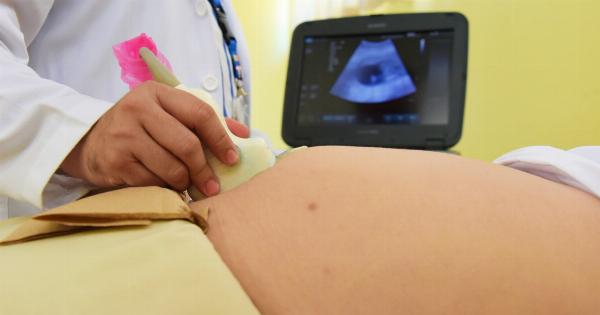Acute gastroenteritis, commonly known as stomach flu or stomach bug, is a disorder of the digestive system that causes inflammation of the stomach and intestines. It is a common condition that affects people of all ages worldwide.
The symptoms usually include diarrhea, vomiting, nausea, and abdominal pain. Acute gastroenteritis can be caused by a variety of factors such as viral, bacterial, or parasitic infections, food poisoning, and certain medications.
Causes of acute gastroenteritis
The most common cause of acute gastroenteritis is a viral infection. The viruses that commonly cause gastroenteritis are:.
- Rotavirus
- Norovirus
- Adenovirus
- Astrovirus
Bacterial infections can also cause acute gastroenteritis. Some of the bacteria that commonly cause gastroenteritis include:.
- Salmonella
- Escherichia coli (E. coli)
- Shigella
- Campylobacter
Parasites such as Giardia and Cryptosporidium can also cause acute gastroenteritis. Food poisoning can be caused by bacteria such as Staphylococcus aureus, Clostridium perfringens, and Bacillus cereus.
Some medications such as antibiotics, laxatives, and cancer treatments can also cause acute gastroenteritis as a side effect.
Symptoms of acute gastroenteritis
The symptoms of acute gastroenteritis usually appear within one to three days after exposure to the virus, bacteria, or parasite. The symptoms can vary depending on the cause of the infection, but the most common symptoms include:.
- Diarrhea – loose, watery stools
- Vomiting – often accompanied by nausea
- Abdominal pain and cramping
- Fever and chills
- Headache and muscle aches
Dehydration is a serious complication of acute gastroenteritis, especially in young children, older adults, and people with weakened immune systems. Signs and symptoms of dehydration include:.
- Dry mouth and throat
- Dizziness or lightheadedness
- Fatigue or weakness
- Dark-colored urine
- Infrequent urination
Treatment of acute gastroenteritis
Mild cases of acute gastroenteritis can often be treated at home with self-care measures such as:.
- Getting plenty of rest
- Drinking fluids – water, clear broths, and oral rehydration solutions
- Eating bland foods – such as toast, crackers, and bananas
- Avoiding caffeine, alcohol, and spicy foods
If the symptoms are severe, persistent, or accompanied by signs of dehydration, medical attention should be sought.
The doctor may recommend medications such as antiemetics, which can help to control nausea and vomiting, and antibiotics, which are only effective against bacterial infections. Hospitalization may be necessary in severe cases where intravenous fluids and electrolytes are required to treat dehydration.
Preventing acute gastroenteritis
Acute gastroenteritis can be prevented by taking certain preventive measures such as:.
- Frequent hand washing with soap and water – especially before and after preparing food and using the toilet
- Cooking meat and poultry thoroughly
- Avoiding cross-contamination – keeping raw and cooked foods separate
- Avoiding unpasteurized dairy products and juices
- Avoiding high-risk foods – such as shellfish and raw eggs
- Staying home when sick – to avoid spreading the infection to others
Following these preventive measures can help to reduce the risk of acute gastroenteritis and other digestive system infections.






























